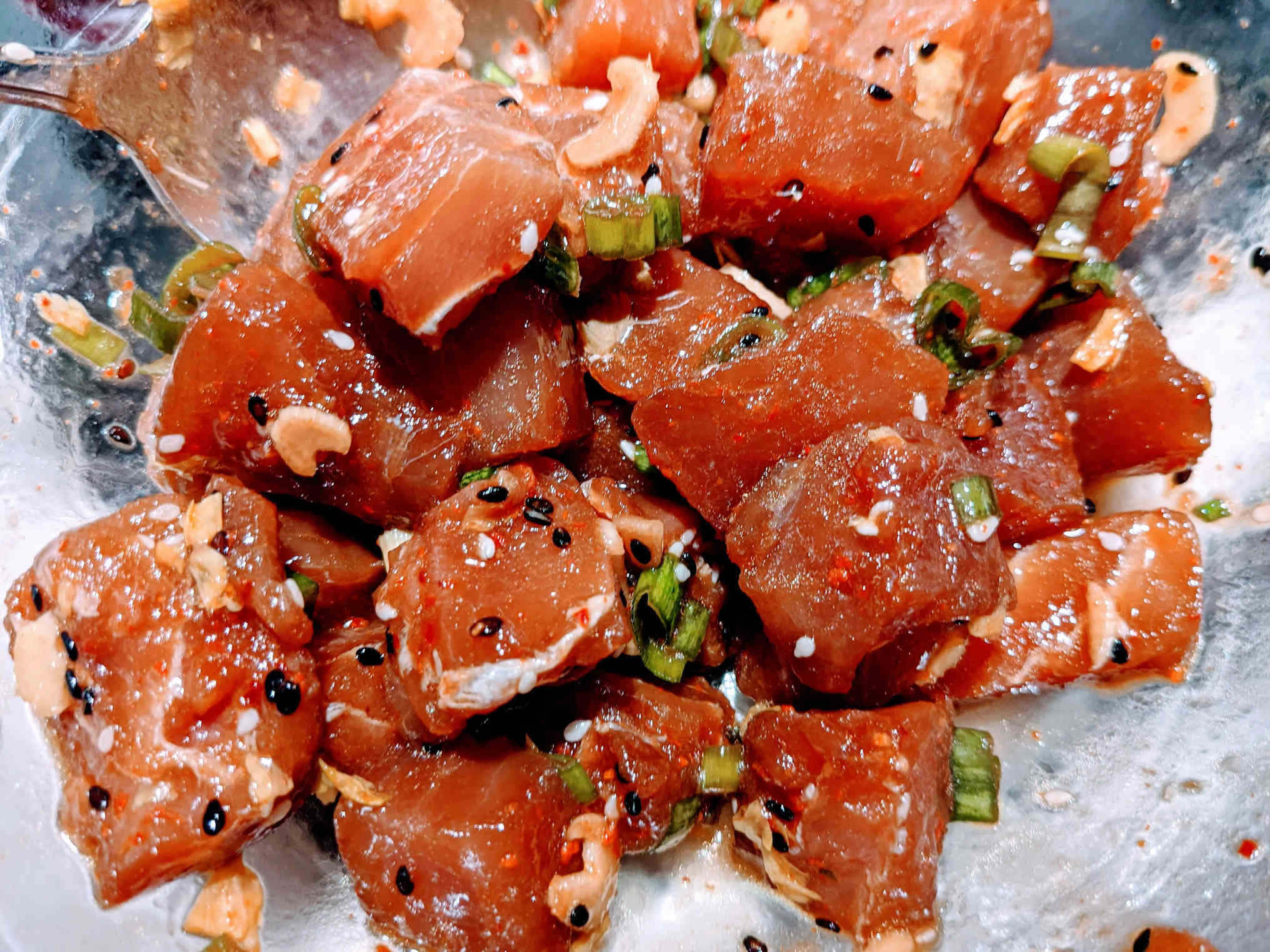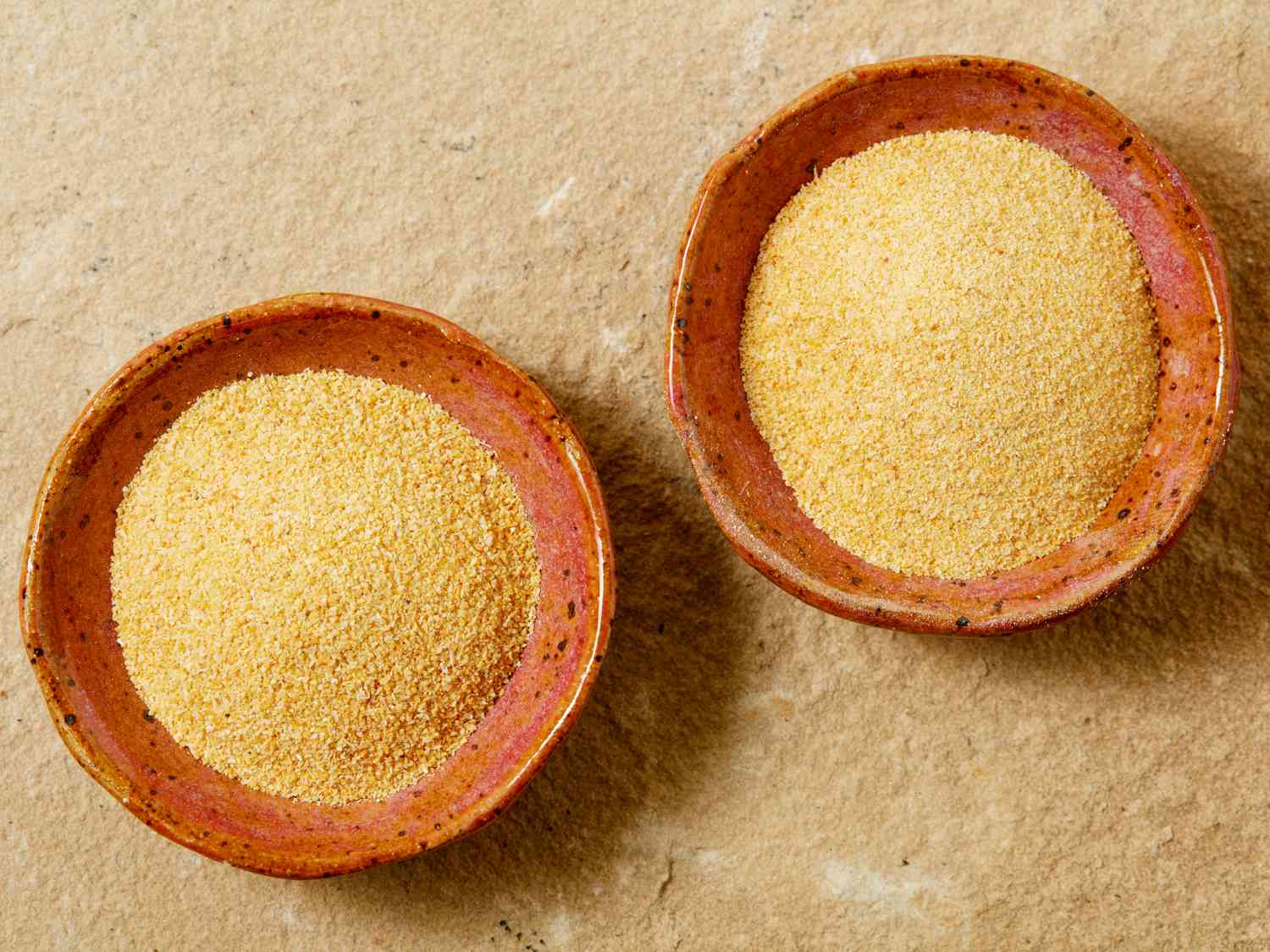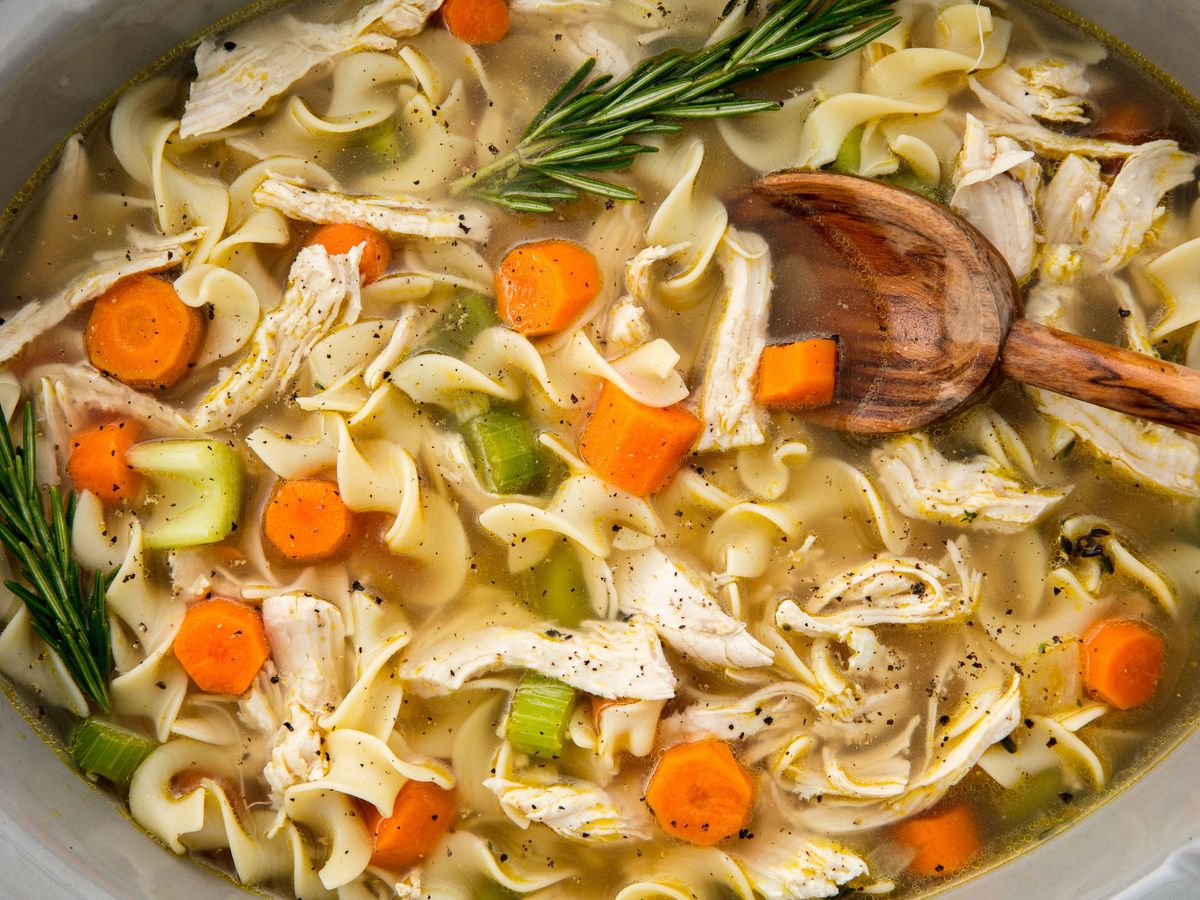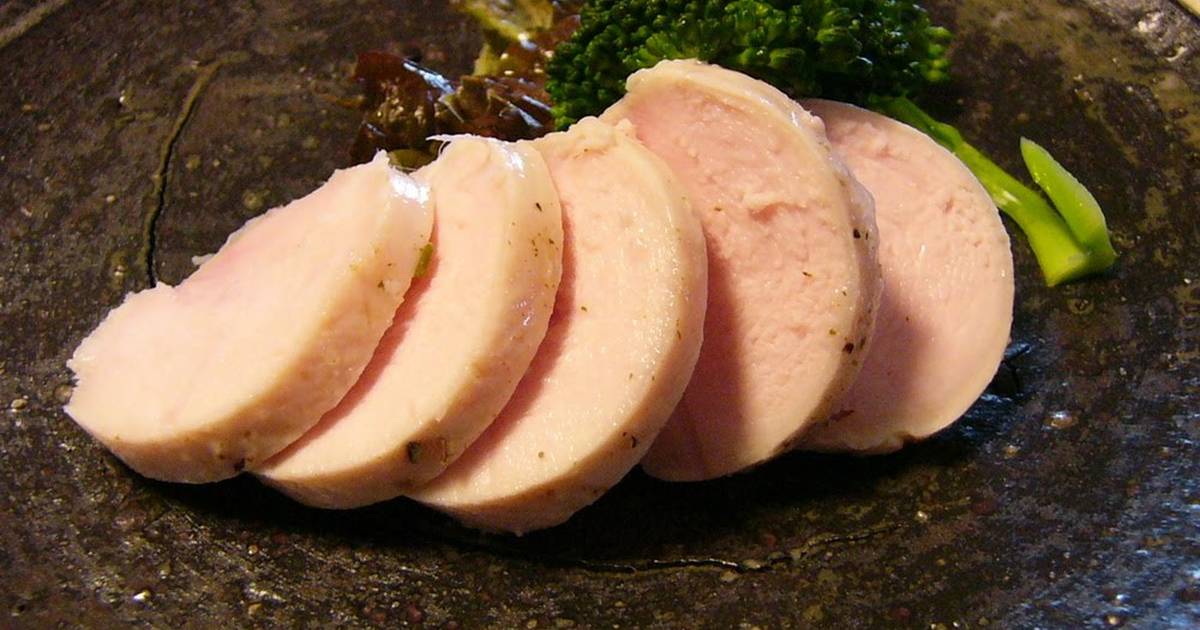Exploring the Delights of Asian Vegetarian Cuisine
Asian cuisine is known for its rich and diverse flavors, and vegetarian meals are an integral part of this culinary tradition. Whether you’re a dedicated vegetarian or simply looking to explore new and delicious dishes, Asian vegetarian meals offer a wide array of options to tantalize your taste buds. Let’s delve into the world of Asian vegetarian cuisine and discover the delightful flavors and ingredients that make it so unique.
The Essence of Asian Vegetarian Meals
Asian vegetarian meals are characterized by their emphasis on fresh vegetables, tofu, tempeh, legumes, and a variety of aromatic herbs and spices. These dishes are not only delicious but also offer a plethora of health benefits, making them a popular choice for those seeking nutritious and flavorful dining options.
Key Ingredients in Asian Vegetarian Cuisine
When it comes to Asian vegetarian meals, several key ingredients take center stage in creating delectable dishes. Some of these include:
- Rice: A staple in Asian cuisine, rice serves as the foundation for many vegetarian dishes, providing a satisfying and versatile base for a variety of flavors and textures.
- Tofu and Tempeh: These protein-rich ingredients are widely used in Asian vegetarian cooking, offering a meaty texture and the ability to absorb the flavors of the dish.
- Vegetables: From crunchy bok choy and vibrant bell peppers to tender bamboo shoots and earthy mushrooms, Asian vegetarian meals showcase a colorful array of fresh and flavorful vegetables.
- Herbs and Spices: Fragrant herbs such as lemongrass, cilantro, and Thai basil, combined with spices like ginger, garlic, and chili, lend depth and complexity to Asian vegetarian dishes.
Popular Asian Vegetarian Dishes
Asian cuisine boasts a wide range of vegetarian dishes that are beloved for their bold flavors and satisfying textures. Some popular Asian vegetarian dishes include:
- Vegetable Stir-Fry: A vibrant medley of crisp vegetables stir-fried to perfection and seasoned with savory sauces.
- Pad Thai: A classic Thai dish featuring rice noodles, tofu, and an assortment of vegetables, all tossed in a tangy and sweet tamarind sauce.
- Vegetable Spring Rolls: Delicate rice paper rolls filled with fresh vegetables and served with a flavorful dipping sauce.
- Curry Dishes: Rich and aromatic curries featuring a variety of vegetables, coconut milk, and fragrant spices.
- Sushi and Maki Rolls: A delightful assortment of vegetarian sushi and maki rolls, showcasing the artistry and precision of Japanese cuisine.
Health Benefits of Asian Vegetarian Meals
Asian vegetarian meals are not only a feast for the senses but also offer numerous health benefits. Packed with vitamins, minerals, and fiber, these dishes contribute to overall well-being and can be part of a balanced and nutritious diet. Additionally, the emphasis on fresh, plant-based ingredients in Asian vegetarian cuisine aligns with the principles of sustainable and eco-friendly eating, making it a mindful choice for both personal and planetary health.
Exploring Asian Vegetarian Cuisine
Whether you’re a seasoned vegetarian or simply looking to expand your culinary horizons, Asian vegetarian meals offer a world of flavors and textures to discover. From the fragrant curries of Thailand to the delicate sushi of Japan, each dish tells a story of tradition, creativity, and the vibrant tapestry of Asian culinary heritage. So, the next time you’re craving a delicious and nourishing meal, consider exploring the diverse and delightful world of Asian vegetarian cuisine.
With its emphasis on fresh ingredients, bold flavors, and a rich tapestry of culinary traditions, Asian vegetarian cuisine offers a delightful journey for the palate and a celebration of the vibrant flavors of the East.
Was this page helpful?
Read Next: What Is An Amish Haystack?











